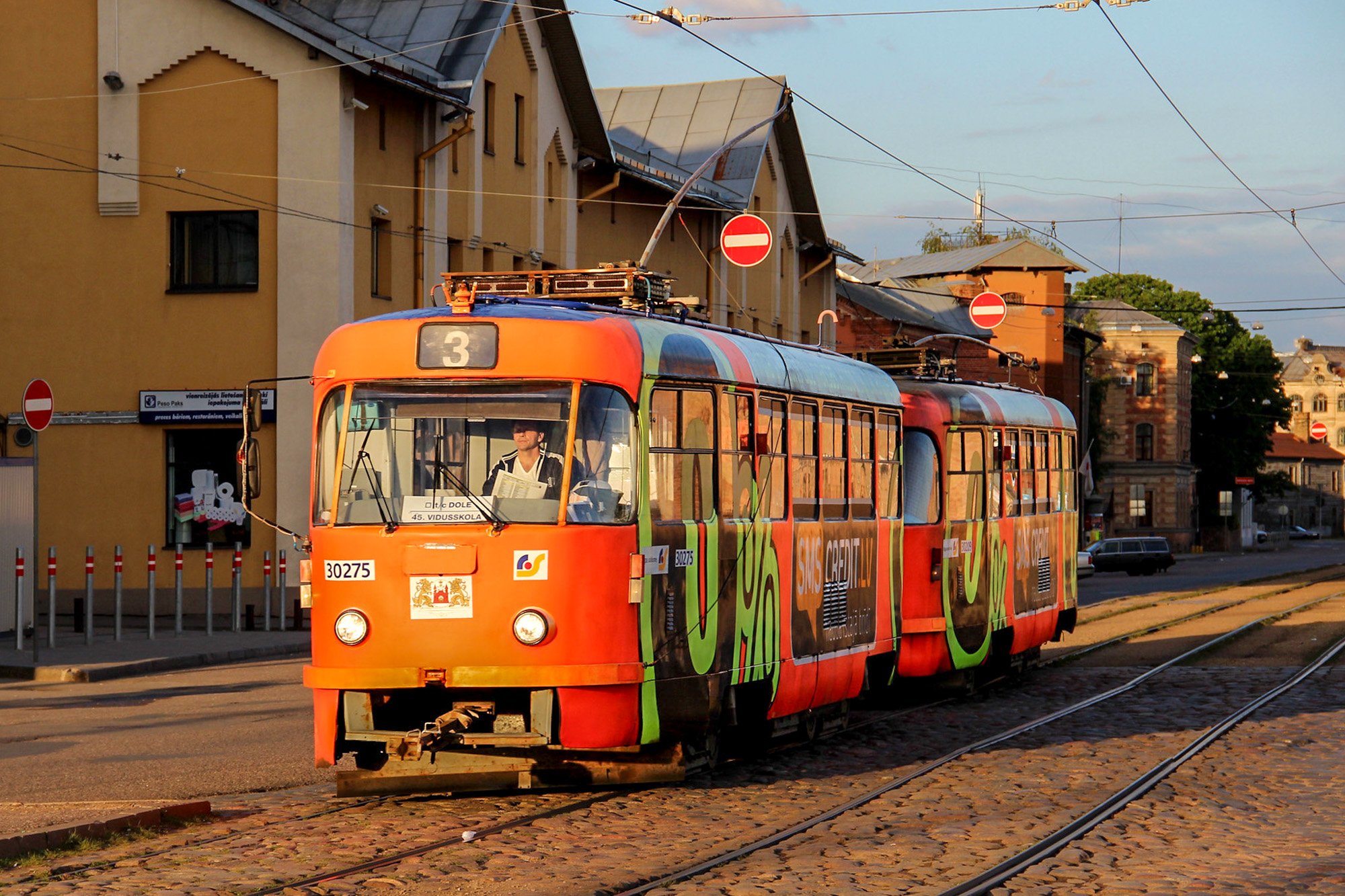Travel Rant #4: Latvian National Song & Dance Festival
For any frequent reader of this blog, it should be clear that I am a genuine fanboy for all things Baltic. I first visited the region in 2012, and all three Baltic countries left a big impression on me. I see great similarities between the modern history of the Baltic and the plight of modern Taiwan. Since that first visit, I have tried to keep up with news from the regions. My obsession with the Baltic culminated in our visit to the Estonian Song and Dance Festival (Tansu-ja-Laulupidu) in 2019. That was by far the most fulfilling travel experience I ever had. Since then, I put attending the sister festivals in Latvia and Lithuania high on my travel bucket list.
All three Baltic nations maintain their own song and dance festival traditions. The festivals are funded and organized by the respective national government. Despite historical kinship between the three republics, each runs the national festival differently. Estonia and Latvia typically hold festivals on a quinquennial basis, and Lithuanians follow a four-year schedule. The pandemic changed that. When COVID first hit in the spring of 2020, the mass gathering of people suddenly seemed so dangerous. At the time, Brian and I talked about how the pandemic was detrimental to the longevity of Baltic song festival traditions. We felt lucky to attend the Estonian festival before the ravage of the pandemic.
As it turned out, 2023 is the date for the 27th Latvian National Song and Dance Festival (Dziesmu un Deju svētki) and the 13th Estonian Youth National Song and Dance Festival. To prove that the two countries don’t coordinate with each other, the two festivals were held around the same weekend. Naturally, I was determined to take part in the Latvian festival. I read that Latvian festivals are more solemn and well-rehearsed than their neighbors. A cherry on top of this festival would be the debut of their brand new Mežaparks Open-Air Stage. The ultra-sleek structure replaced the Soviet-era structure; I would love to see how it holds the candle to the song arch in Tallinn and Vilnius.
From the get-go, I discovered a few details about the Latvian festival online. I have been compulsively checking their website and social media accounts roughly a year in advance to see whether any updates are posted. While there were plenty of updates on rehearsals and repertoire, the organizers were mum on critical information such as schedules and ticket sales. It was frustrating that I couldn’t find anything from the blogosphere. I went as far as checking the Latvian national broadcaster LTV and LSM website using Google Translate.
About four months out, I finally saw an article on LSM that the Latvian parliament finalized the ticket sales tender. I found that completely shocking. The festival of national importance is a quinquennial event. Why did they not have a ticket distribution system in place earlier? A month later, there was another article detailing an issue with the tendering process. A distributor selection would be considered in the “near future.” Could you believe it? In comparison, the Estonian festival had all the ticket sales dates set back in February, and the full schedule was published in January. I honestly don’t understand why the Latvian organizers chose to do it without important information.
To make matters worse, I quickly learned that tickets for the Latvian festival are hard to get. Unlike the Estonian festival, the Latvian festival comprises a series of concerts. All tickets in Latvia came with assigned seating. Unlike Tallinn, there are no general tickets in Riga, where visitors could grab a picnic blanket and stake out a spot on the song festival ground. The number of tickets available is very limited compared to the Estonian festival. Considering there are more Latvians than Estonians, the ticket fight will be fierce.
Because the July Fourth weekend is one of the busiest times for transatlantic travel, flight ticket prices were through the roof! Given the limited flight connections to Riga, it was even more expensive than flying to popular destinations like Paris or Rome. Investing a $1,400 flight ticket to Riga with no concert tickets seemed risky. I do not want to fly there and watch the proceedings on a TV screen. But the longer they withheld the ticket sales, the more the flight cost increased. It was beyond frustrating, to say the least.
The organizer announced in early May that tickets will be available in stages, starting on May 15th. Earlier that week, the full schedule was also released. Unlike the Estonian version, the Latvian festival spread out over a week, with more than a dozen events to pick from. To make the process fair, there is a cap of four tickets per transaction. The first batch of tickets on sale are events with less public demand, such as folk costume parades and brass band concerts. The tickets for dance concerts were on sale on May 17th, and the tickets for the mass choir concerts were made available on May 19th. This ticketing schedule was frustrating in itself. By selling the most coveted tickets at a later date, it did not help with my trip planning.
I decided to give it a go on May 15th for the dance concert tickets. I set up my profile on the ticketing platform Biļešu paradīze the day before, so I was optimistic that everything would go smoothly. The tickets went on sale at 10 a.m. Riga time. It meant waking up at four o’clock in New York for me. Right on the dot, I was placed into a virtual queue with the rest of the ticket buyers. I was assigned the queue number of 17,304. A live tracker provides an estimated wait time. Interestingly, the queue number was randomly assigned to anyone waiting at the start of the sale to ensure fairness.
With 31,000 tickets available across five dance performances, my odds of getting a ticket were not looking promising. After about an hour in a queue, a notification popped out stating that all tickets for the official performance were sold out. However, tickets are still available for the dress rehearsals. I was naturally disappointed. Should I purchase the ticket for the dress rehearsal? What if I could only get the rehearsal tickets for the mass choir concert? Regrettably, I ended up not getting a ticket that day. Knowing that each ticket is valuable to ordinary Latvians, I did not want to purchase a ticket and not show up.
Two days later, I was back on the platform to try my luck for the much-coveted tickets to the mass choir tickets. The closing concert on Sunday is particularly popular and widely considered the most important event for the festival. This time around, my assigned queue number was 16,739. Given the total capacity of Mežaparks Great Bandstand is about 30,000, I already knew the odds of me getting a ticket were slim. Sure enough, the ticket for the final concert was sold out fifteen minutes before it was my turn to book. When it was my turn, the only available tickets were to the mass choir concert on Thursday. At that point, my dream of attending the Latvian festival was slipping away. It did not seem worthwhile to travel to Riga for a single concert.
After a short pity party with myself, I decided to scrap my dream of attending the Latvian festival. Sadly, it would be another five years for the next festival. Instead, I booked a last-minute trip to Peru to hike the Inca Trial. While I enjoyed our trip to Machu Picchu, part of me wished still wished we were in Riga. Releasing tickets so late made travel planning difficult and expensive. I only hope this botched rollout was not the norm.
Fast forward a few months, I came across an interview with Pärt Uusberg on Estonian Public Broadcasting (ERR). Uusberg was the musical director for the 2023 edition of the Estonian Youth Song and Dance Festival and an acclaimed composer in his own right. In the interview, he pointed out how Latvian festivals are always very exclusive (elisits) due to the limited number of tickets available. Lithuanians, on the other hand, are completely accessible (democratic). The Latvian festivals are like proper concerts, while the Lithuanian festivals are more like a song party. In his view, the Estonian festival occupies the happy medium.
He then said that many of his relatives in Latvia have never been to Latvia’s festival because it has always been impossible to get tickets. In making the concerts formal and “proper,” Latvia sacrifices accessibility and risks, making this national tradition irrelevant. While I found this entire ticking process infuriating and exhausting, it still would not deter me from going through the same process the next festival came around. I wish they could get their shit together for a festival of national importance. Latvia, I am counting on you!








